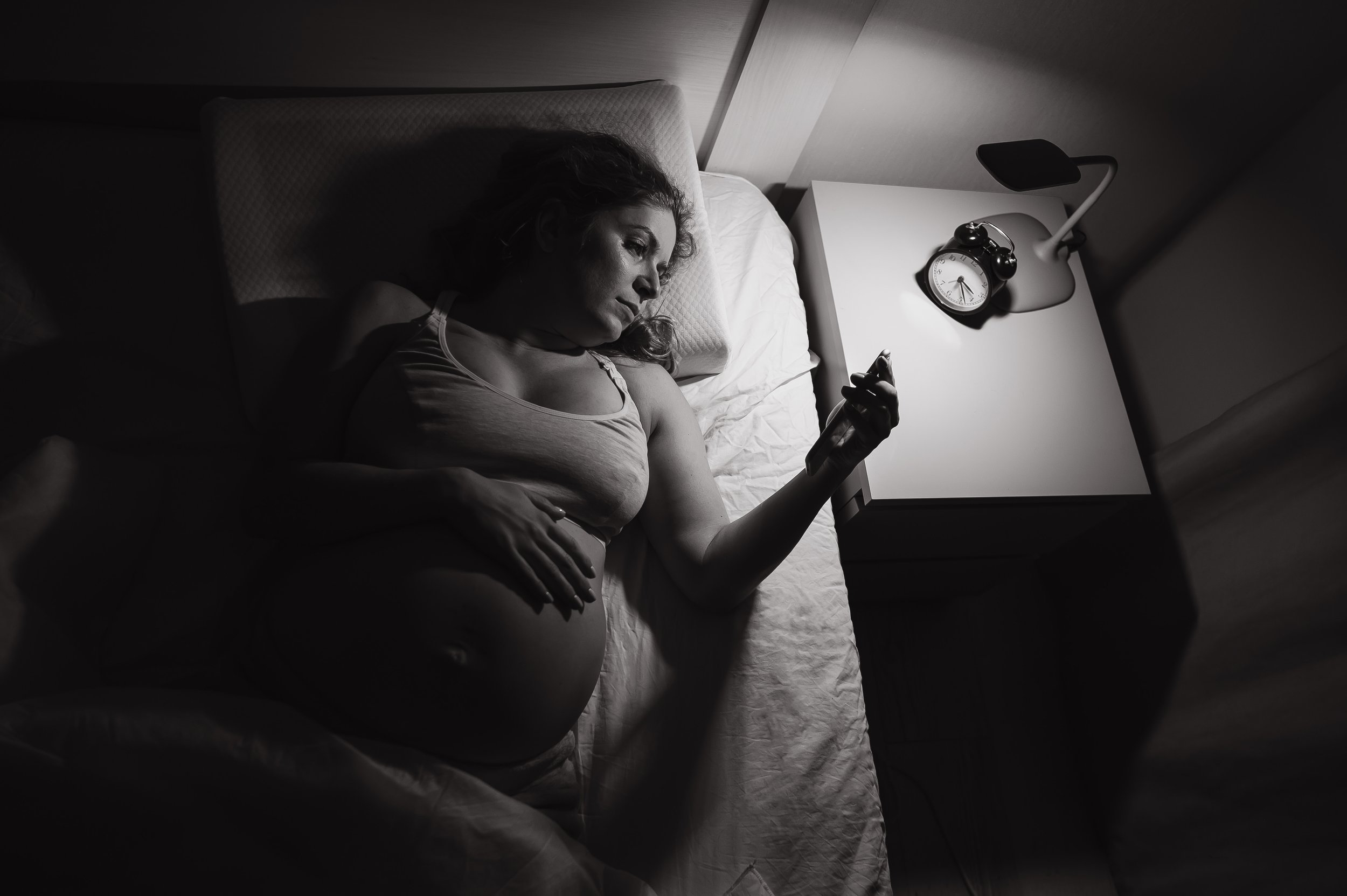I’ll just say it. 2023 was an emotional cluster%@!#.
I have always been able to handle whatever life has thrown at me with healthy adaptive and grieving processes. But death has always been the hardest trigger for me, ever since I was 10 and I lost both a grandparent and a close family friend, who was supposed to be ok after a heart attack, but never made it out of the hospital. My mom’s death in 2001 just amplified the trauma of those first couple and all the ones that happened between. I have my coping mechanisms, but last year they weren’t enough.
I started 2023 with an open emotional wound caused by family drama that wasn’t about to be cleared up any time soon. It still isn’t. Then, my dad’s best friend died in a mirror experience to my mom’s death – same disease, same steps, same process. It was really hard.
Two months later, I lost the patient advocate friend I wanted to be when I grew up. She had beaten breast cancer and lived cancer free for over 15 years. But that’s the thing about some cancers -- they can come back and bite you in the butt when you least expect it. Her decline was quick and brutal, and she wasn’t geographically close enough for me to spend the time I wanted to.
Six months after that, my dad’s best friend’s wife rapidly declined. They had been married for over 50 years, so it wasn’t entirely surprising that she would follow shortly.
By October, I was beseeching the powers that be to let the rest of 2023 pass without any more death. Sadly, a former colleague died suddenly in early November. We weren’t as close as I was to the others who died that year, but it felt like the miserable cherry on top of an overall wrenching year.
Round about that second death in April, I found myself sinking into those previously healthy coping mechanisms, and unable to pull myself out of the triggered state. I stopped doing a lot of things, including writing. Reading became an addiction – thank you, Kindle Unlimited – to the point where I neglected everything else. I read more than one book a day, falling asleep when I literally couldn’t keep my eyes open anymore. I only ate or drank when I couldn’t not, or my blood sugar dropped enough to make it necessary. Once, I went over 24 hours without water, which really isn’t good for someone with kidney disease. Rehydrating myself was actually painful for the first hour or so. And we’ll just skip over the hygiene and housekeeping issues.
It took about four months for me to (figuratively) sit up and say to myself, “Oh. This looks like depression.” The fact that I went a stretch of 22 days without leaving my apartment – not the building, but my actual apartment – should have clued me in, but I didn’t realize it in the moment. The next trip to the grocery store prompted the count, and I was slightly horrified.
So, I called my longtime therapist, who I hadn’t seen for a few years because I was doing well. Within five minutes, said therapist, who had never mentioned chemical treatment in the 20+ years I had known her, went straight to antidepressants. Her suggestion held weight because we knew each other so well, and a serotonin deficit made sense to me.
After the session, my handle on my current situation felt much more solid. I called and set up a telemedicine appointment with my GP for the next day. I had decided that, as long as he was comfortable being my prescriber, I didn’t need to find a prescribing psychologist. Similar to my psychologist, my GP has known me for nearly 20 years, and since I wasn’t looking for cutting edge treatment, I would much rather work with someone who knew me than build a new clinician relationship. Because of that, I got exactly what I wanted, which was a seven-minute appointment where I stated the situation and my therapist’s recommendation. His only question was whether I was experiencing anxiety. I said no, and we closed the appointment with a minimal dose of an SSRI and a plan to check in every six to eight weeks with both of them in order to make sure I had reached a therapeutic dose that was working for me.
It took a few months for me to start feeling more stable and in control. And when I looked around at the wreckage, everything I saw was a common symptom of the depression I was dealing with. So, I decided I wasn’t going to a) beat myself up over it, or b) try to fix it right away. This is an ongoing process, and it is going to take a while to regain my footing completely. Instead, I will take little tiny baby steps, including writing this post.
To be honest, I’m not really sure I’m ready to jump back into everything. And that’s fine. I’m better than I was before, and I am content with that.

